Reform of election system for Swiss top judges thrown out
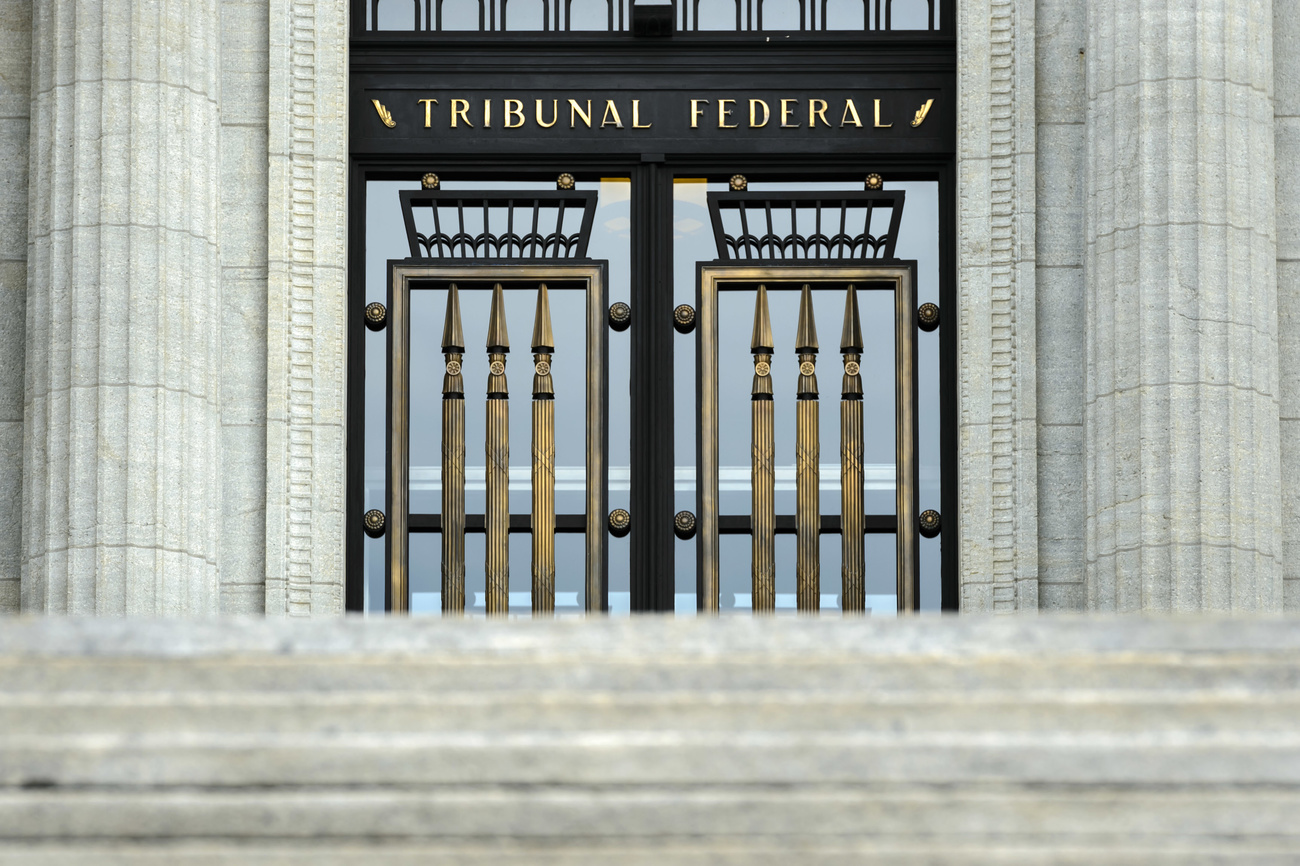
Voters have rejected a proposal for the supreme court judges to be elected by lot rather than by the Swiss parliament.
The people’s initiative only won about 31.9% of the vote on Sunday according to official results. None of the country’s 26 cantons came out in favour.
For details see map below:
Entrepreneur Adrian Gasser, the main sponsor of the proposal, said he would launch a new initiative because he didn’t have enough time to convince voters of the “abuses in the legal system”.
He said the government and the media had manipulated the public opinion in the run-up to Sunday’s ballot, according to the Swiss news agency, Keystone-SDA.
Trust in institutions
However, Justice Minister Karin Keller-Sutter as well as representatives of all the main political parties welcomed the outcome of the vote.
“It means that the constitutional provisions dating back to 1848 and the democratic legitimacy of federal judges remain unchanged,” Keller-Sutter said at a news conference.
She added that the separation of power between government, parliament and the justice are crucial, but she said the current system “isn’t perfect”. She referred to moves underway in parliament.
Independence
Campaigners wanted to introduce a system of arbitrary selection for the country’s 38 federal judges, saying the judiciary lacked independence from political parties and the separation of powers was inadequate.
The judges would also have been allowed to remain in office until the age of 68 without submitting themselves to a regular re-election procedure.
At present, parliament awards the posts of federal judge according to party strength. Judges with no political affiliation thus have no chance of gaining office.
The system has repeatedly drawn criticism from Europe’s anti-corruption bodyExternal link.
Swiss tradition
Opponents, including the government and all the main political parties say the proposal is too extreme.
They argue an election by parliament gives more legitimacy and the people’s initiative contradicts Switzerland’s political tradition.
The current system takes into account criteria such as age, gender and background, they say, thereby guaranteeing a broad societal balance in the administration of the judiciary.
The initiative was launched in 2018 by a citizens’ committee led by Gasser, one of the richest businessmen in Switzerland and a controversial figure who has had his own encounters with the Swiss justice system.
Covid law/certificate 62% Yes 38%No
Working conditions for nurses 61% Yes 39% No
Random selection of federal judges 31.9% Yes 68.1% No
Turnout: 65.7%

In compliance with the JTI standards
More: SWI swissinfo.ch certified by the Journalism Trust Initiative

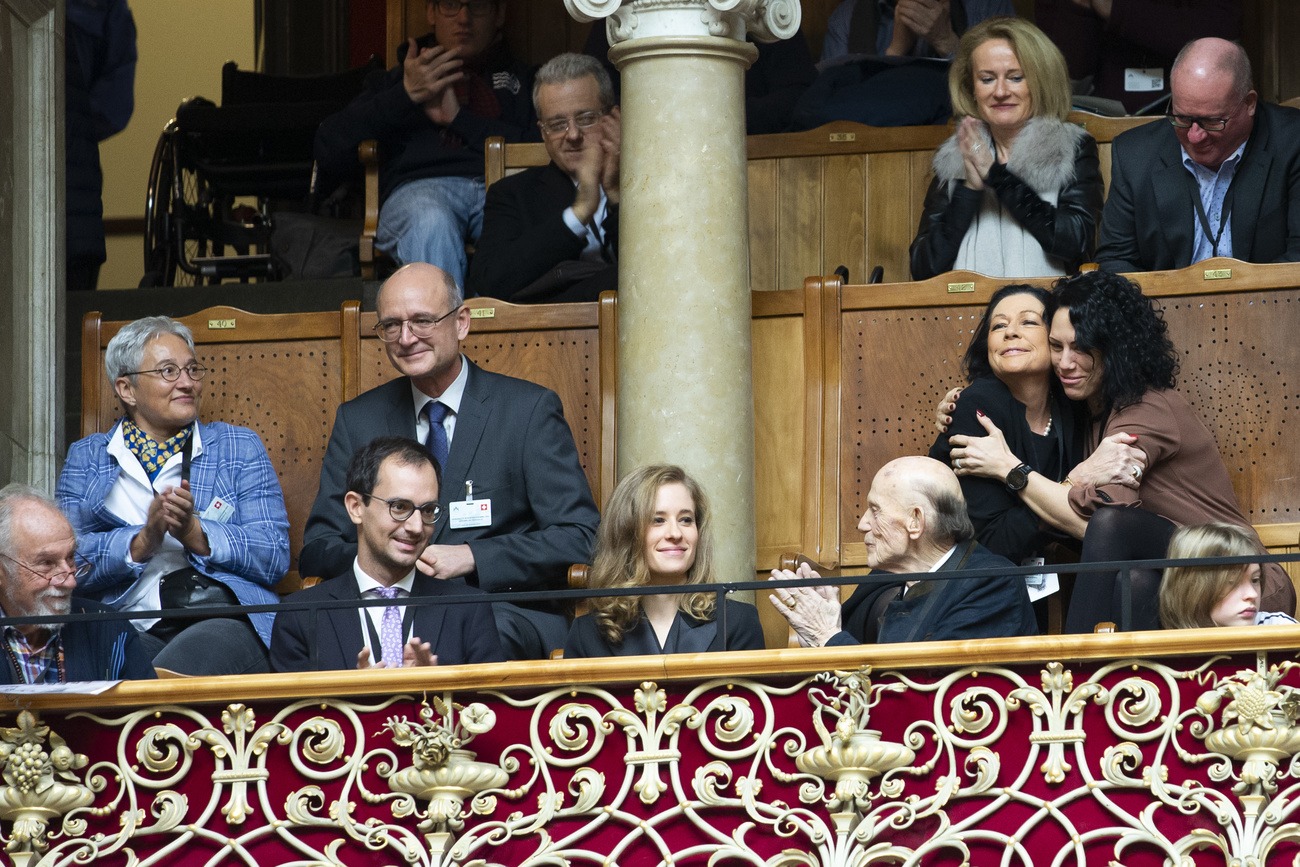
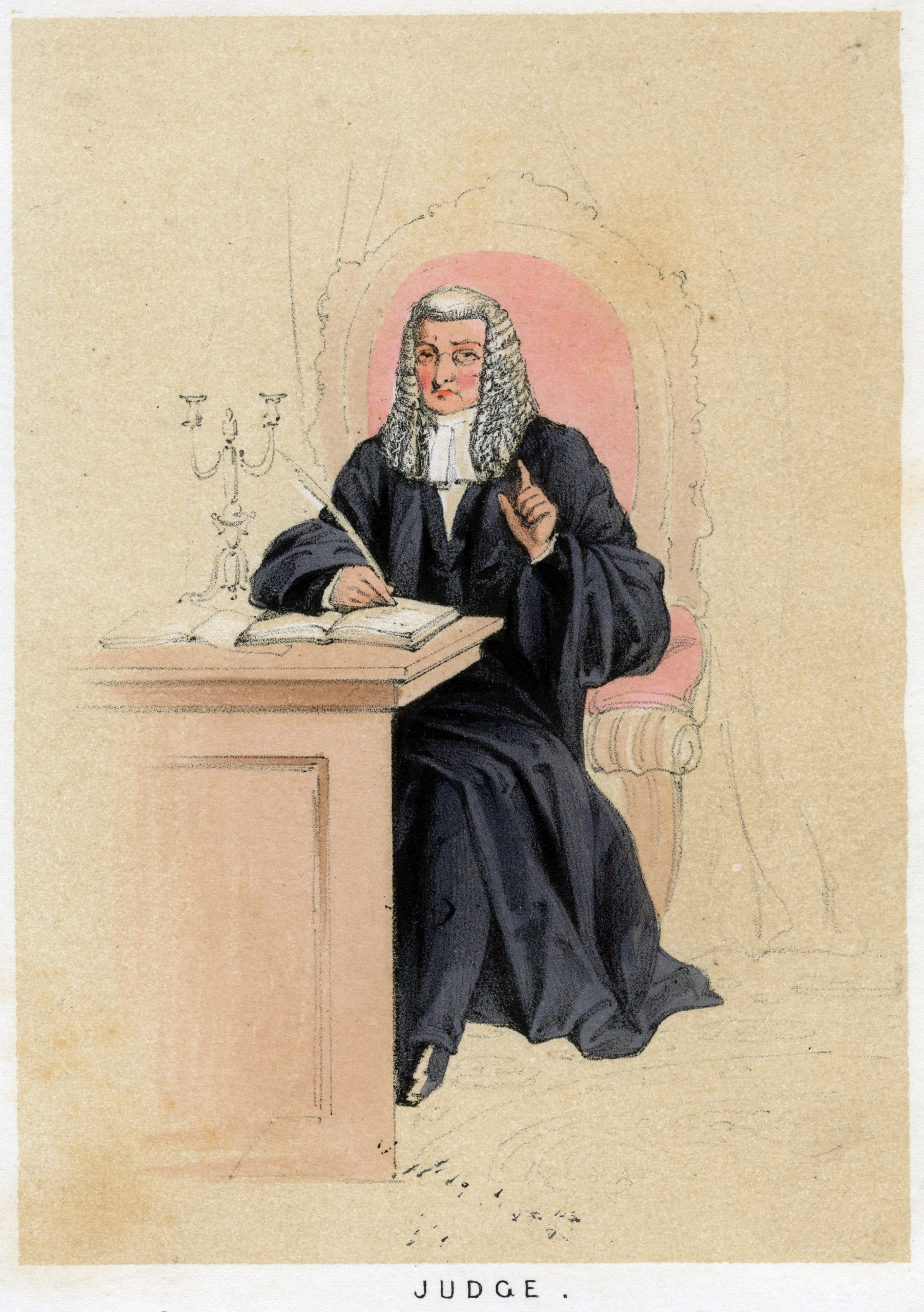
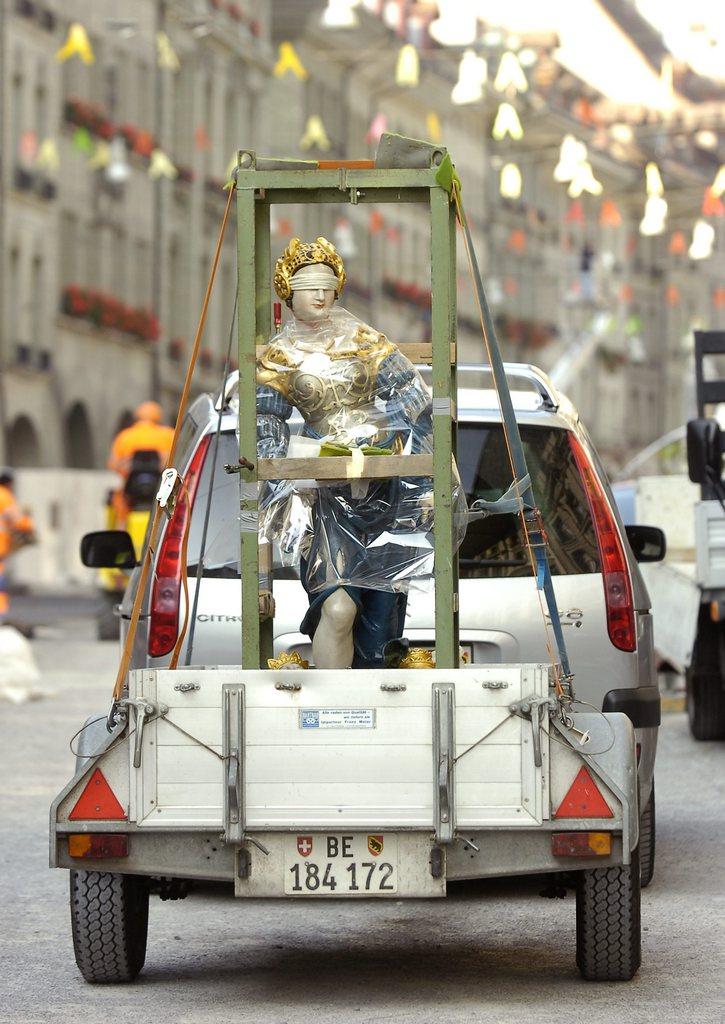

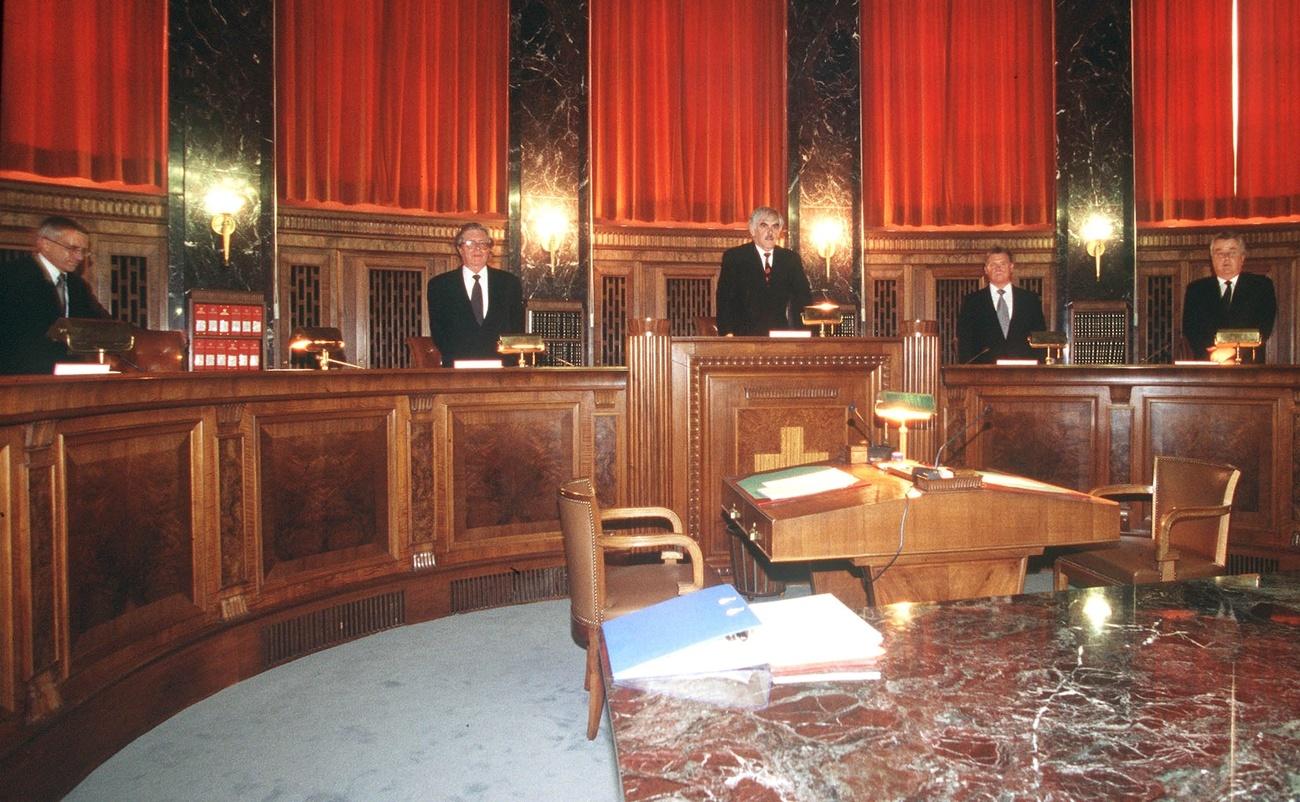



You can find an overview of ongoing debates with our journalists here. Please join us!
If you want to start a conversation about a topic raised in this article or want to report factual errors, email us at english@swissinfo.ch.